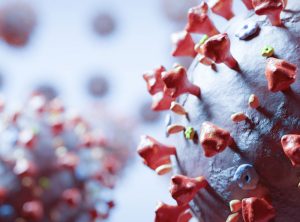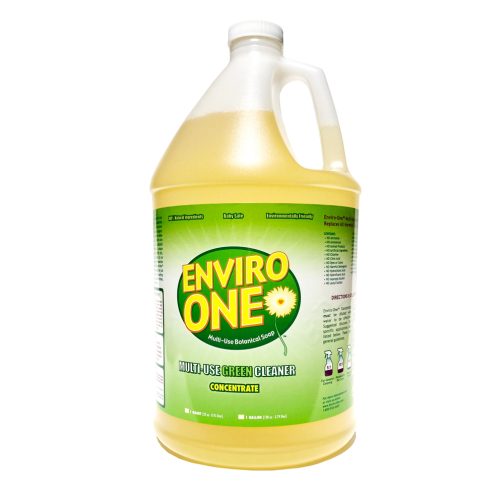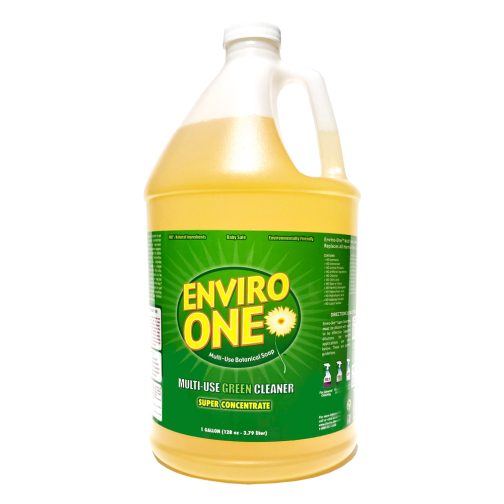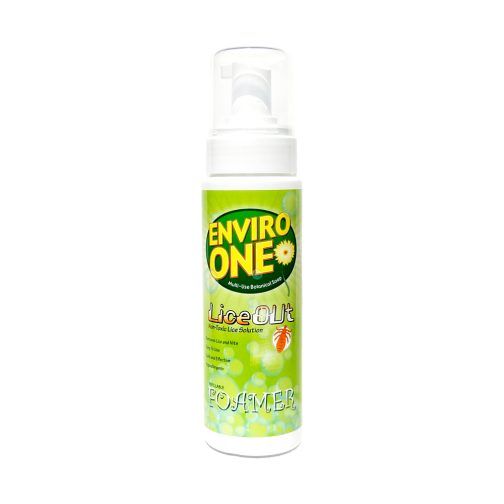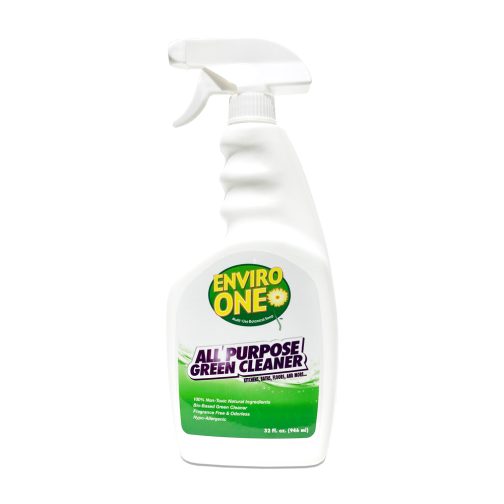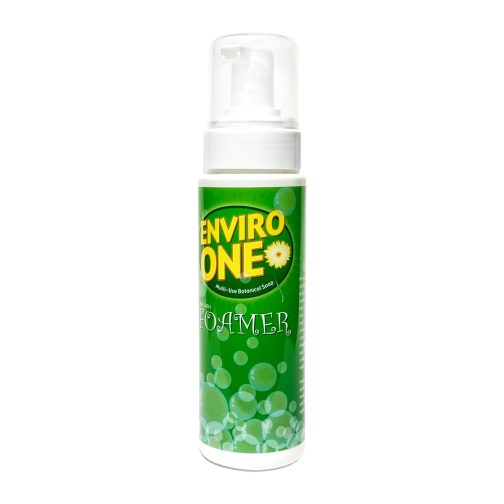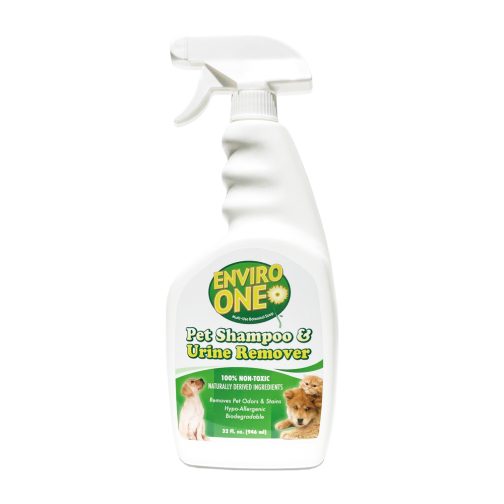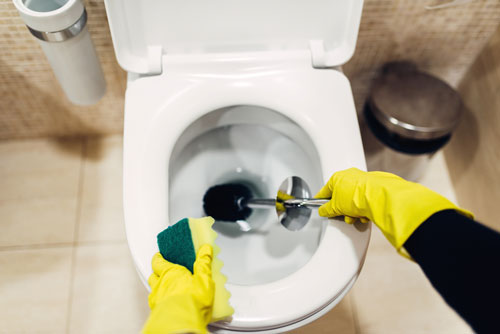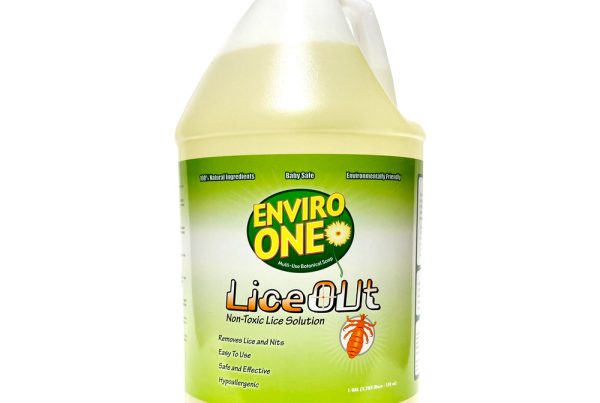The CDC Recommends Using Soap to prevent the spread of Coronavirus
The coronavirus disease has proven to be one of the most infectious diseases in the world. Along with other respiratory viruses such as common cold, research has shown that this novel disease is easily spread through hands. Touching the mucus, droplets, and other viral particles of an infected person (whether symptomatic or not) can lead to the spread of the disease. However, if the virus is washed off the hands before it gets a chance to enter into the body via the mouth, eyes, etc., it may not be able to spread from one person to another. Therefore, it is important for everyone to maintain proper hand hygiene to stay safe and free of all infections.
As stated by the Centers for Disease Control and Prevention (CDC), “But if soap and water are not available, using a hand sanitizer with at least 60% alcohol can help.” This clearly shows that handwashing, especially with non-toxic hand soap and water is at the top of the list of ways to clean your hands to prevent the spread of the disease. It is only in the absence of this combination that we are advised to consider using natural hand sanitizer to protect ourselves against the novel COVID-19.
What is Pure Soap?
What is pure soap?
Before explaining how pure soap can kill the coronavirus and prevent the spread of COVID-19, we need to explain what pure soap is. Pure soap refers to a form of soap that comes with only natural ingredients. Unlike the regular soap, pure soap is a form of natural soap that does not contain any toxic chemical ingredients that may be harmful to your health. It is vital to note that several regular soaps have some levels of impurities that may affect their ability to get rid of coronavirus and other viruses. These impure ingredients include flour, waxes, silicates, sugar mixture, paraffin, and lots more.
How Soap works on viruses
Fortunately, pure soap is different as it contains only the natural ingredients that do not expose your hands to toxic items and still prevent the spread of the disease. Soap has pin-shaped molecules with two distinctive parts. The hydrophilic head has the ability to bond with water whereas the hydrophilic tail only bonds with fats and oils and repels water.
When you use soap and water to clean your hand, this combination performs its functions in a particular way that will be explained here. The part of the soap that attracts fats usually goes deep into the protein fat and protein shell of the virus. Since the chemical bonds that combine the virus are somewhat weak, the virus will not be able to stand the action of the soap. Hence, the coat of the virus will break. As a result of this break, the virus will become soluble in water; therefore, its disintegration is possible. After the destruction of the virus by the soap, the strands of the virus on your hand will be washed off by the water.
You should understand that there are instances where a few viruses may be left on your hands despite washing your hands with natural hand soap and water. However, the combination will still be enough to remove the viruses from your hands. Also, if they have bonded to any dirt or grease on your hand, you can rest assured that the water and soap will get rid of it too. In fact, if there are bacteria and other germs on your hands, non-toxic hand soap and water will get rid of them too.
It is, however, worthwhile to note that this process does not happen quickly. In most cases, you have to wash your hands for about 20 seconds to completely remove coronavirus and other germs. Why is this necessary?
Foremost, there are wrinkles on your hands. Hence, the soap may not be able to get into the tiny folds of your hands that harbor the viruses. You need to use the soap for a few seconds to make sure it attacks the particles of the virus and then sends them out of your hands.
Overall, washing your hands with soap and water can be a lifesaver during this challenging period that the novel coronavirus disease is ravaging the world and killing many individuals. However, you must not forget the recommendation of the CDC about washing your hands for 20 seconds as you continue to take action to prevent the spread of the disease. To follow the 20-second rule, you can slowly count to 20 as you wash your hands with hand soap and water.
Hand Sanitizers
As indicated earlier, if you cannot get soap and water to clean your hands, you can also use hand sanitizer. You should make sure that it contains have an alcohol concentration of about 60 to 90 percent. Therefore, as you choose a hand sanitizer, you need to be certain that it has the required alcohol concentration. Unfortunately, some hand sanitizers have chemicals that are known as quaternary ammonium compounds. These chemicals are the most active ingredient in Lysol. Although they are capable of killing coronavirus and several other viruses, they can expose your skin to some problems because of their harshness. So, you must stay away from hand sanitizers with these chemicals.
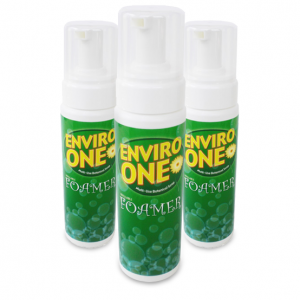 Nevertheless, if you have water or oil on your hands, you need to be aware that hand sanitizer may not be able to kill the virus because the sanitizer will be diluted so that it is not as powerful as it ought to be. Therefore, you should first look for a way to get rid of the dirt on your hands before using hand sanitizer. Also, use as much hand sanitizer as possible so that all parts of your hands are appropriately sanitized.
Nevertheless, if you have water or oil on your hands, you need to be aware that hand sanitizer may not be able to kill the virus because the sanitizer will be diluted so that it is not as powerful as it ought to be. Therefore, you should first look for a way to get rid of the dirt on your hands before using hand sanitizer. Also, use as much hand sanitizer as possible so that all parts of your hands are appropriately sanitized.
In conclusion, the effectiveness of soap to annihilate the coronavirus is not in doubt. Studies have even shown that it is more effective than hand sanitizer. Therefore, don’t overlook the essence of soap and water in preventing the spreading of the coronavirus.

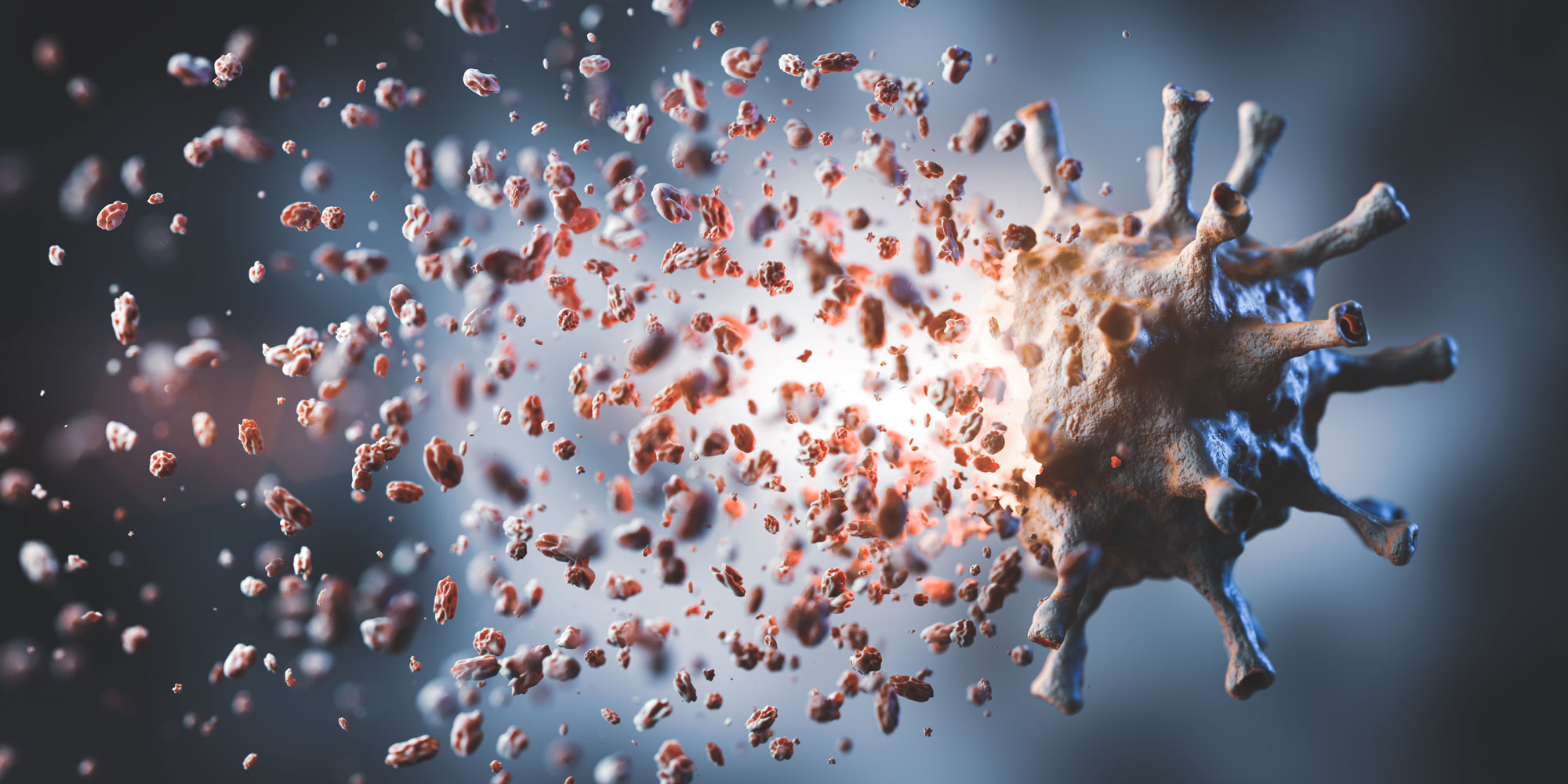
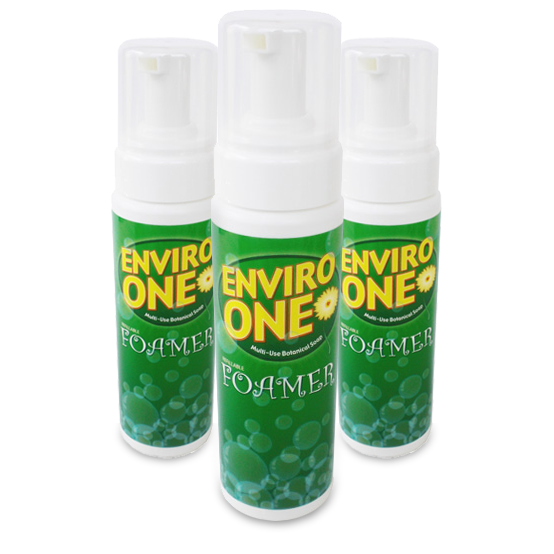
/cdn.vox-cdn.com/uploads/chorus_asset/file/19854782/soapdemolish.gif)
